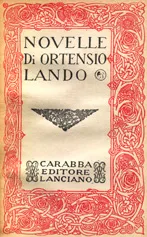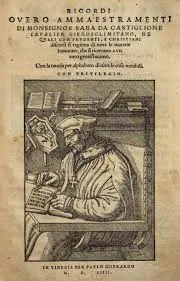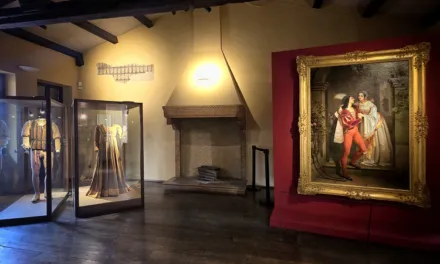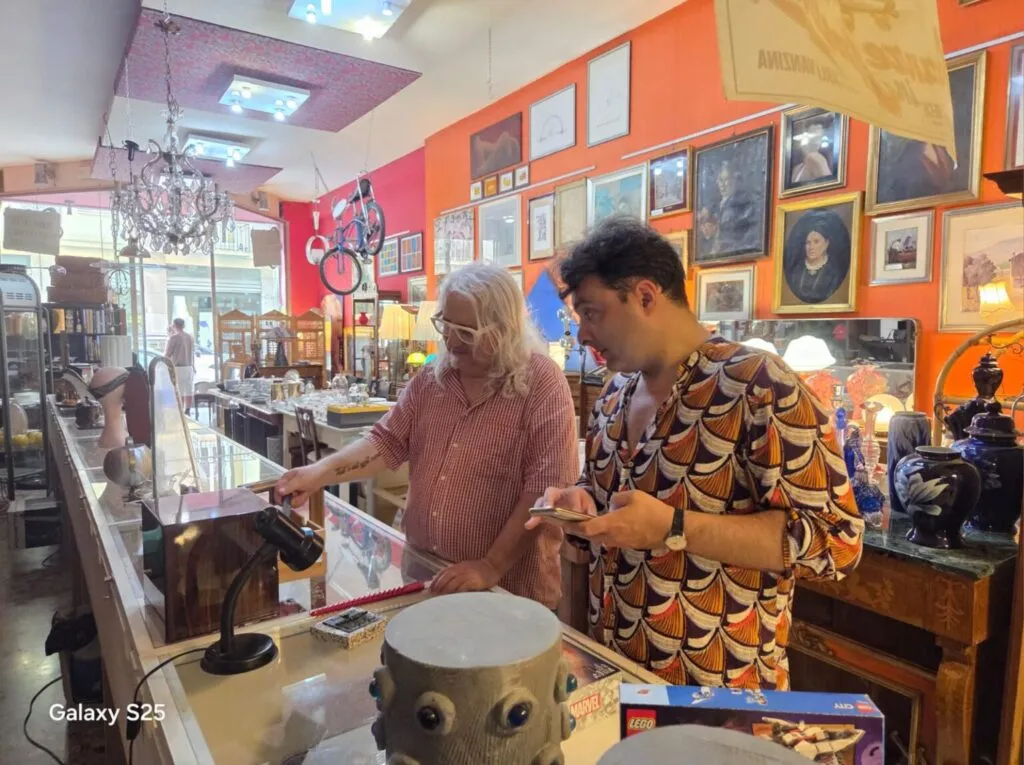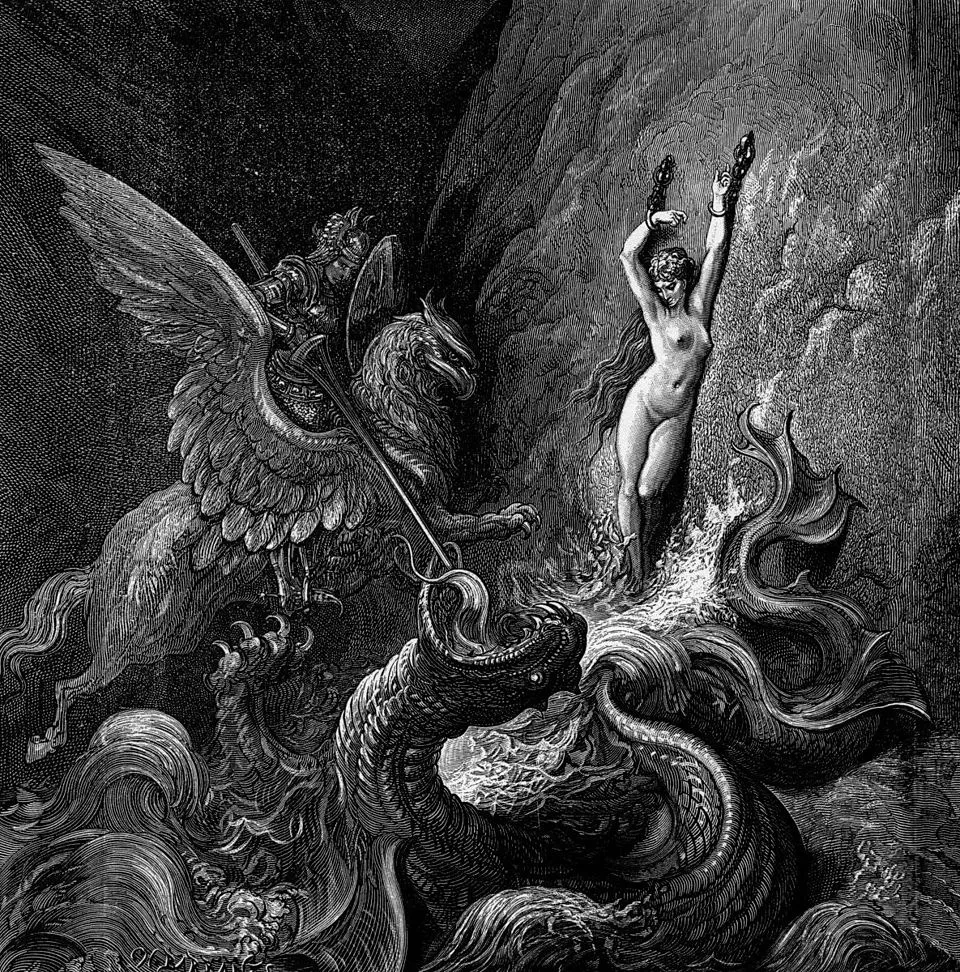(Angelo Paratico) Ortensio Lando (Milan 1508/13? – Naples 1558) took as nickname The Tranquil. But in reality, he was an adventurous and troubled man of the Renaissance. He had several talents but had a short life. He possessed a deep inside into things, like his near-contemporary Leonardo Da Vinci, and he was a man who had woken up while all others were sleeping. What we have of him are some books he had written, which, unfortunately, were almost all forgotten even if they were original and far-sighted.
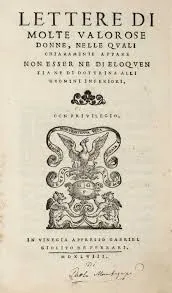
Perhaps his most famous and original work is a book that went through several reprints. It contained letters written by famous Italian women, with the intent of demonstrating that they were as good, if not better, than those written by men. This should be seen, and in fact, is a proto-feminist book:
LETTERE DI/ molte valorose/ donne, nelle qvali. chiaramente appare/ non essere ne di eloqven/tia ne di dottrina alli/ hvomini inferiori./ [fleuron]/ con privilegio./ [marque : della mia morte eterna vita vivo – semper eadem]/ in vinegia appresso Gabriel/ Giolito de Ferrari./ mdxlviii.
It contains 263 letters penned by great women of his age.
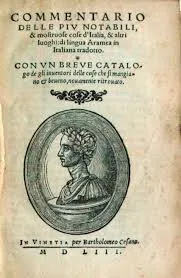
After studies in Milan and Bologna he kept on travelling constantly all over Europe, where he then had to run for his uncanny ability to find enemies. At the end of 1534, he travelled between Switzerland and Germany then to England. In Verona and Venice he translated the Utopia by Thomas More from English. Subsequent movements remain uncertain, but it is reasonable to place the Lando in Basel in 1540, where the satirical dialogue making fun of Erasmus. Between 1541 and 1543 he traveled between southern Italy, northern Italy, and France in the retinue of various protectors, winning the favour of the bishop of Trento Cristoforo Madruzzo and staying for a period at the court of King Francis I. In 1543 he returned to Lyon where he published wha.t is undoubtedly one of the best-known work, the Paradoxes. The volume achieved considerable success and numerous imitations, thanks in part to the French translation by Charles Etienne (1553), to which must be added a Spanish translation (1552) and an English translation (1593), which may have ended up in Shakespeare’s library. The work is composed of thirty paradoxes which, through a subtle, erudite game between classical eloquence and facetiousness, overturn as many commonplaces about society, representing the intellectual skepticism of the Landian taste. Today he is remembered mainly for his work on women in which for the first time in history the literary capabilities of women were praised.
